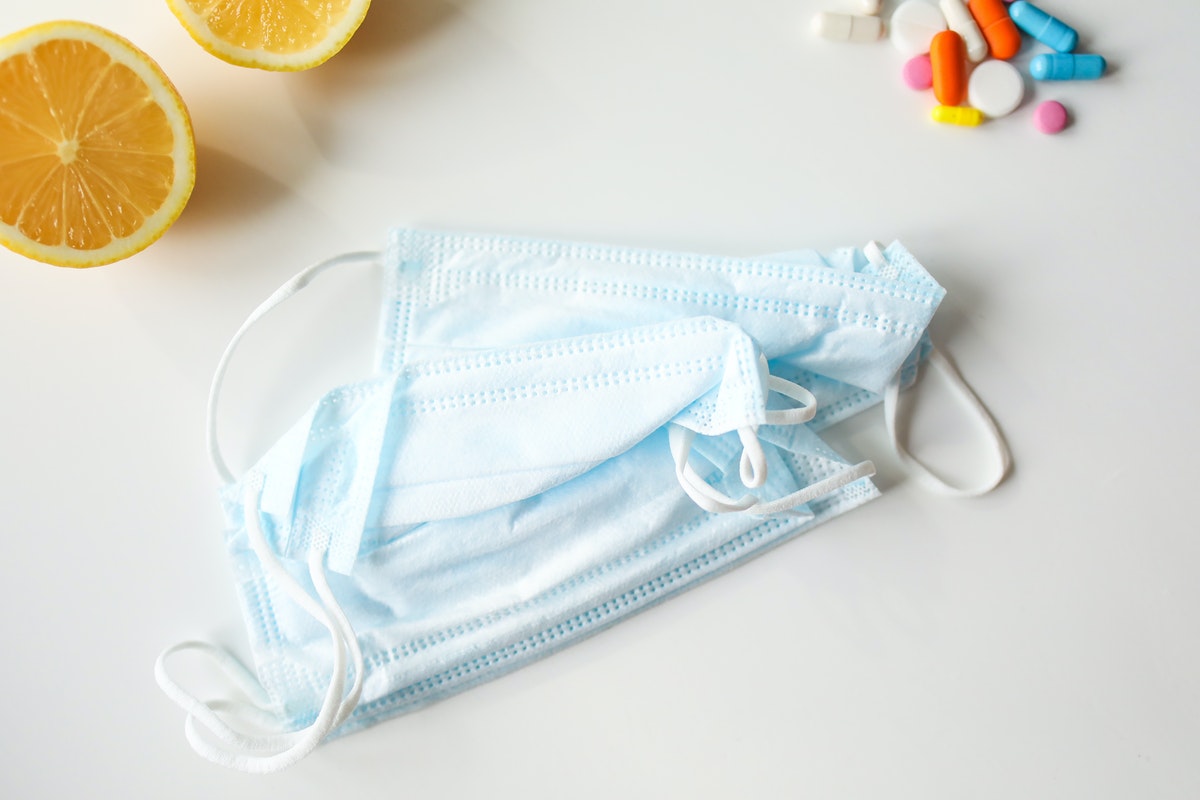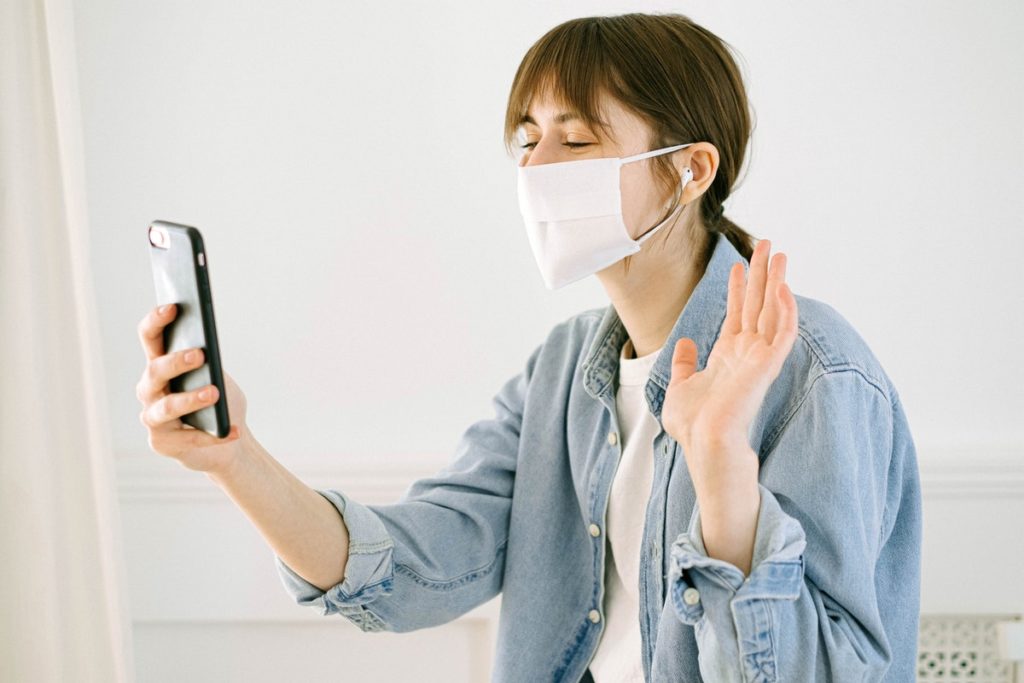One of the biggest downsides to traveling is the risk that it can put on your health. When you’re traveling, you are coming across all sorts of people, going through multiple places, and touching all kinds of surfaces. For most of us, our immune system can fight off illness caused by the bacteria and viruses that we encounter while traveling—but that doesn’t make it any less risky.
Sometimes, an infectious illness can be severe or even deadly. At the very least, it can make you uncomfortable, which is never a good thing for any traveler. That said, here are the most important things you should remember to avoid catching an infectious disease while traveling:
-
Do your research
If you are going to another country, look up the illnesses that are endemic or common there. For example, malaria is common in some parts of Africa and leishmaniasis is endemic in Germany.
By doing due diligence, you will know what you need to do to avoid infectious diseases at your destination. For instance, if you are traveling to a part of the US where dengue outbreaks occur from time to time, you would need to book a place with adequate mosquito control measures in place to reduce your risk of catching the disease.
-
Update your vaccinations
Talk to your doctor about your upcoming trip at least four to six weeks in advance. They may recommend booster vaccines for illnesses such as influenza, polio, measles, and typhoid, depending on where you are going, to give you extra layers of protection during your trip.
Furthermore, some vaccinations may be mandatory in certain countries. For example, Saudi Arabia requires all visitors to have a vaccine against meningococcemia, and you can’t enter the country without presenting a vaccination card. You can find the list of vaccination requirements for each country on CDC or WHO websites or the country’s government website.
-
Wear a mask

Assuming that you are traveling after the pandemic, consider continuing the practice of wearing a mask, at least in crowded areas only. If a mask significantly helps reduce the risk of catching COVID-19, it is definitely effective in avoiding other airborne diseases, especially the common cold.
Wear a surgical mask or washable cloth mask in crowded areas, such as airports, tourist spots, and other places where people tend to gather. At the very least, bring one with you in case someone is coughing or visibly sick right next to you.
-
Practice good hand hygiene
A common reason why travelers get sick is that they touch so many things while traveling, such as airplane trays, stair railings, light switches, and other surfaces that hundreds of other people have touched.
That said, practice good hand hygiene at all times to avoid catching an illness. Wash or sanitize your hands every chance you get, and especially after using the bathroom, before eating, and before touching your face. Better yet, avoid touching frequently touched surfaces such as hand railings, light switches, and faucets. If you can’t avoid touching them, make sure you clean your hands right after.
-
Clean the airplane tray
We feel that the airplane tray table deserves its own section because so many people don’t know how dirty they are. After every flight, airplane staff cleans these trays but they don’t exactly sanitize them, and the same goes for the seat pockets. Hence, you may be touching millions of bacteria if you don’t sanitize the tray before using it.
If you need more motivation to clean your tray with an antibacterial wipe before you use it, keep in mind that some parents use that tray to change their baby’s dirty diapers.
-
Skip the dirty pool
Swimming is a common part of a vacation, but it’s also one of the biggest causes of illnesses in travelers. So, before you take a dip, inspect the pool closely to see if the water is safe enough.
If the water is visibly dirty or cloudy, it’s obviously not a good idea to swim in it. On the other hand, if the smell of chlorine is too strong, then you are likely smelling chloramines (the compound produced from the reaction of urine, oils, etc.). Although chloramines won’t cause infectious diseases (they will cause irritation instead), they are a sign that the pool is dirty and is not chlorinated enough.
Don’t let an illness ruin your vacation, much less your health. Before you go on your next big adventure, here are the tips on how to avoid infectious diseases while traveling that you should keep in mind.

